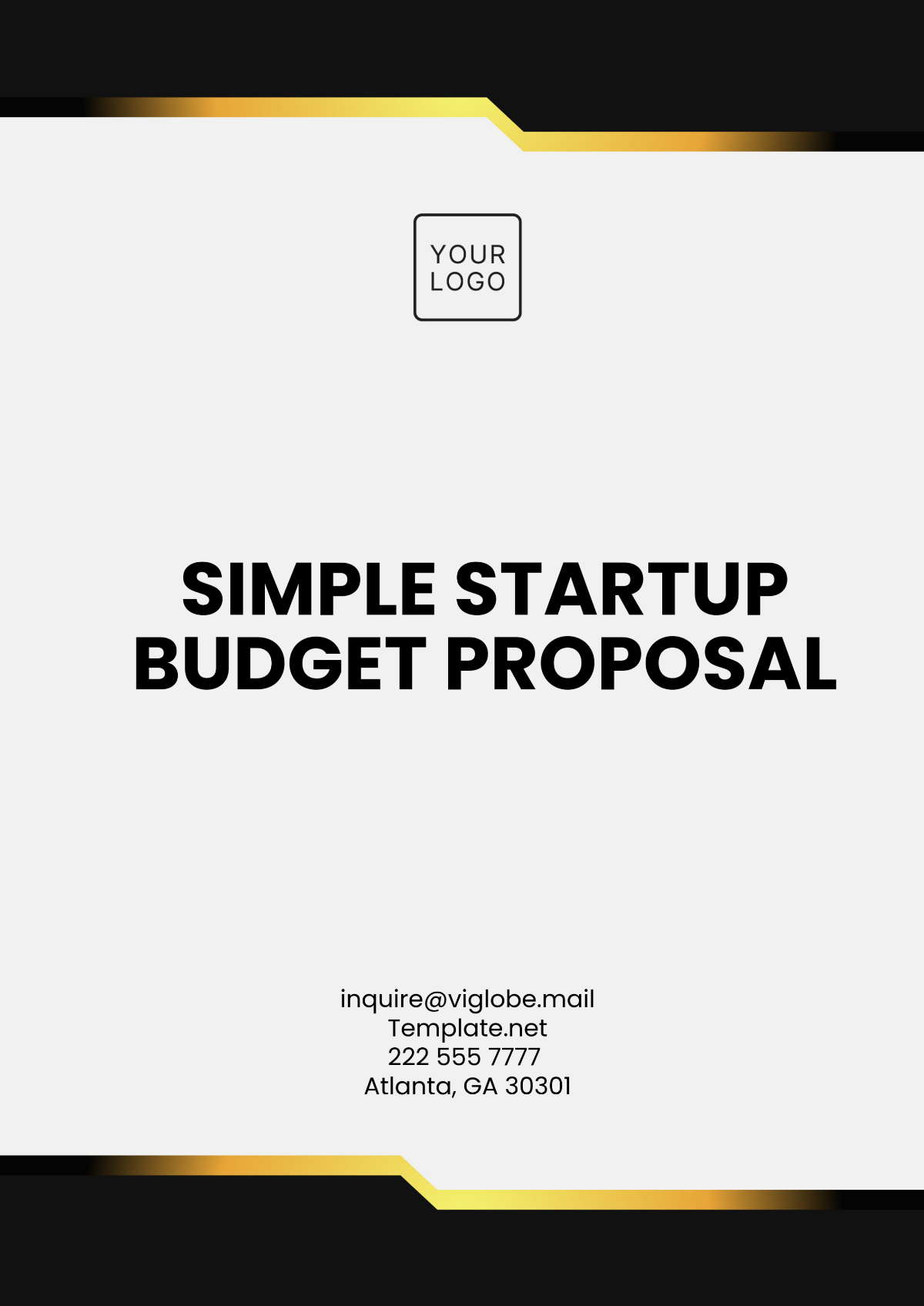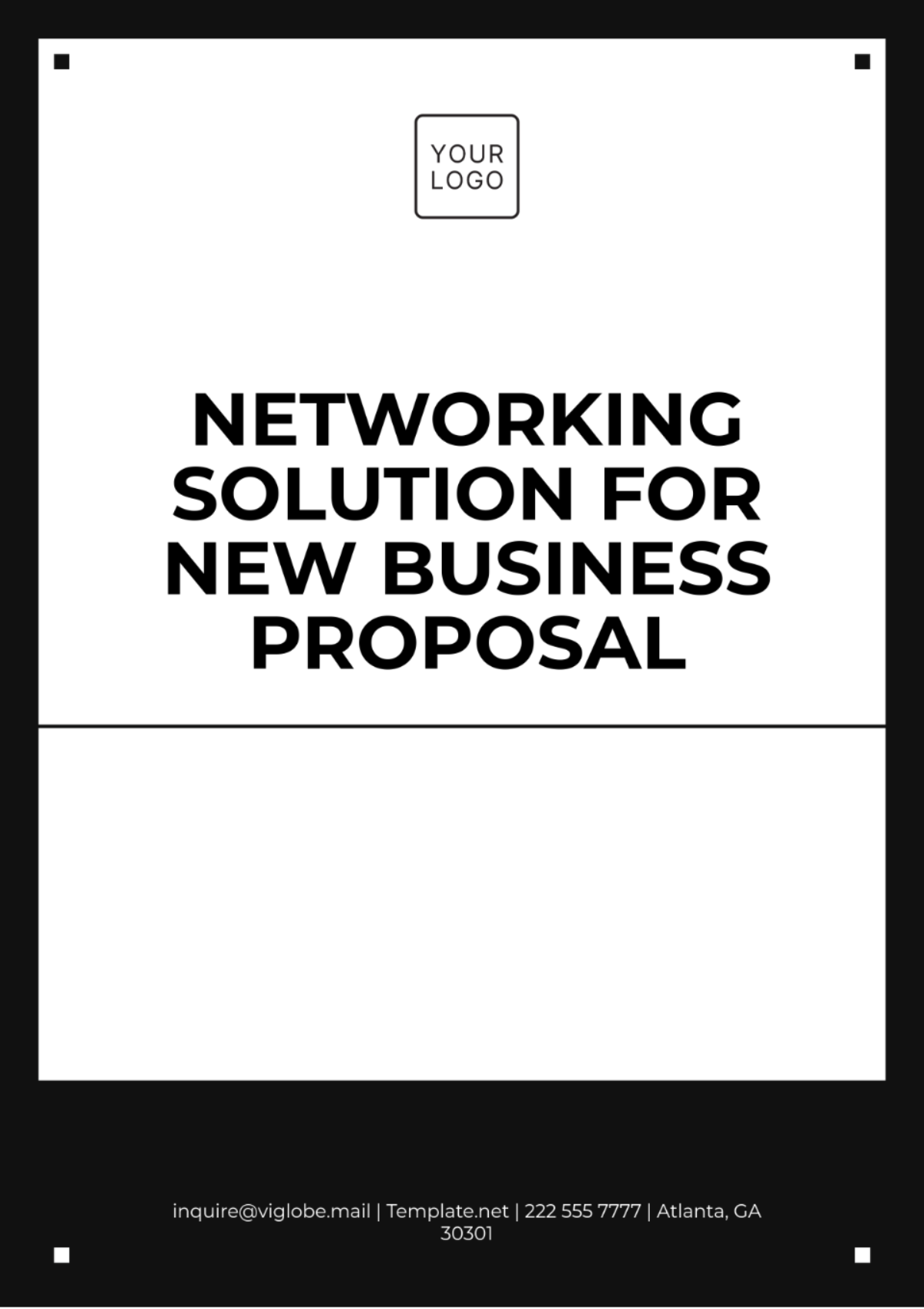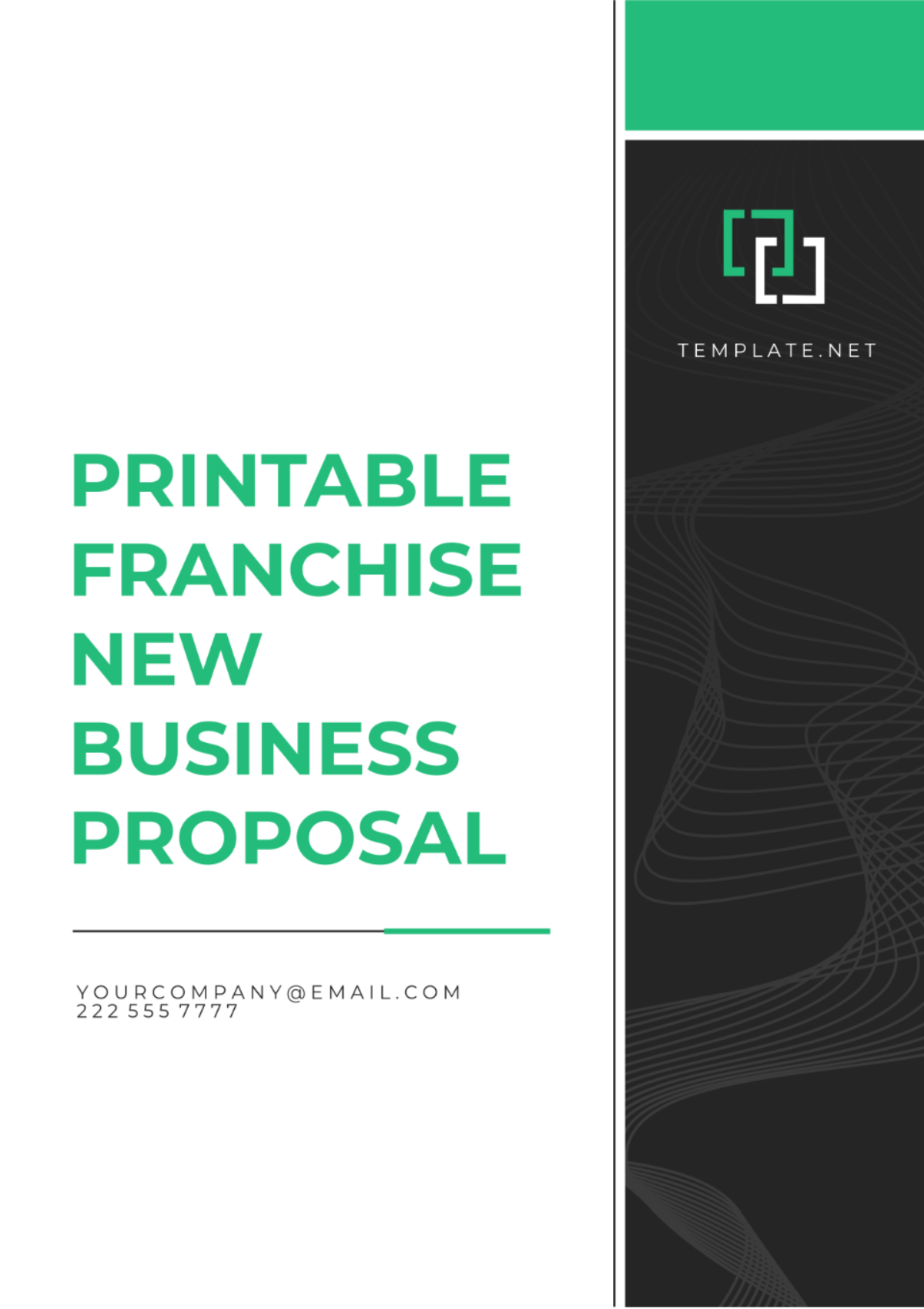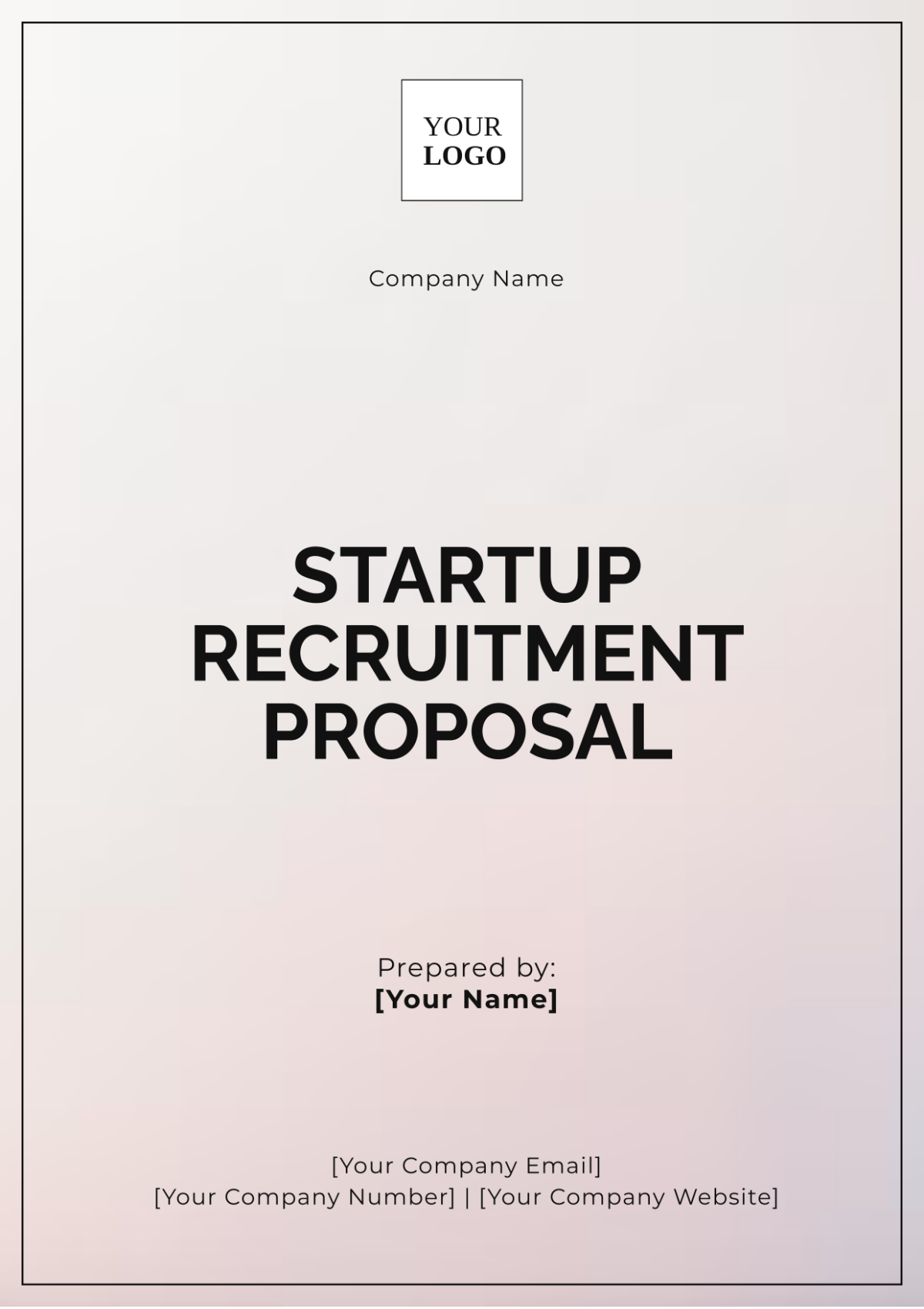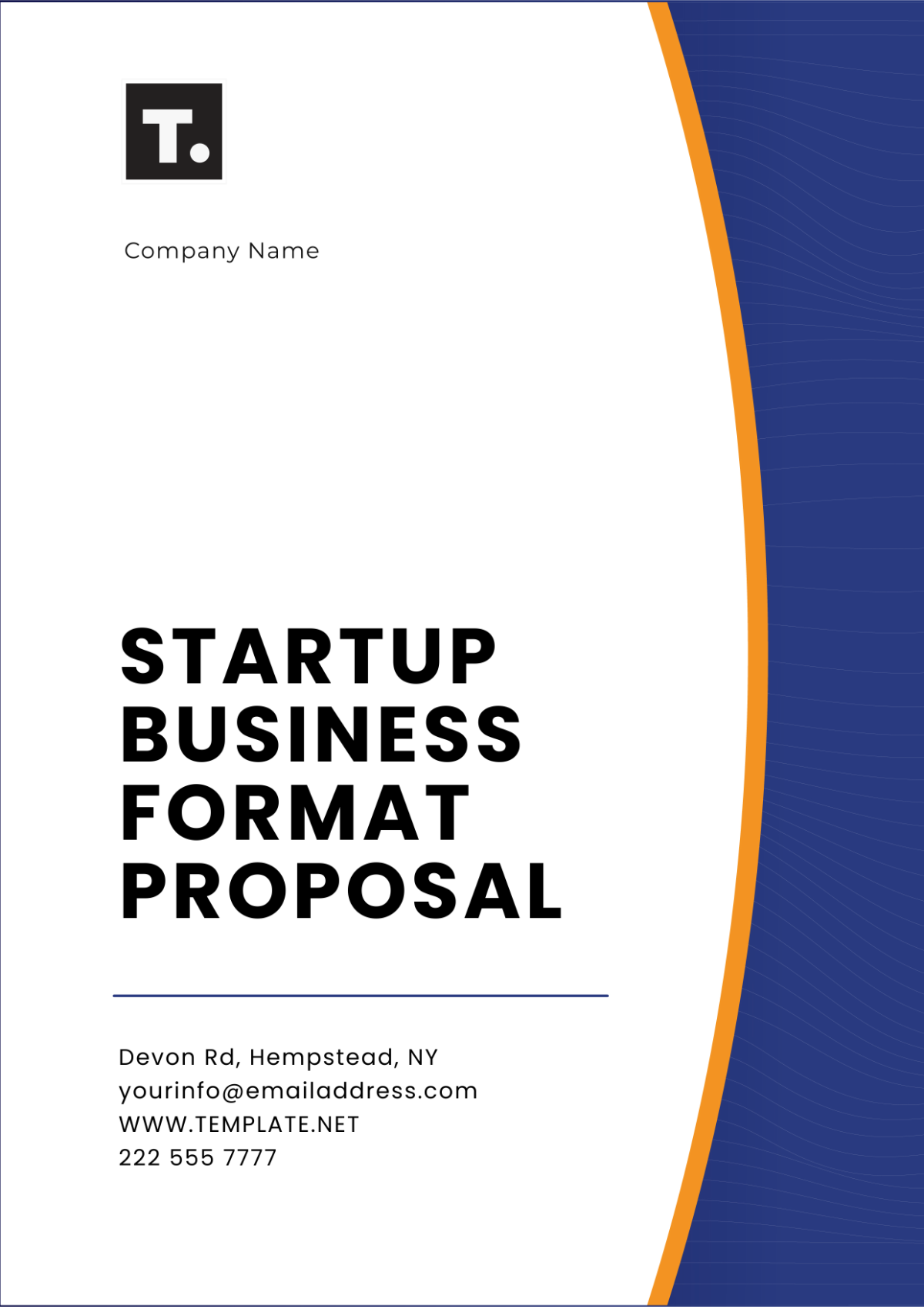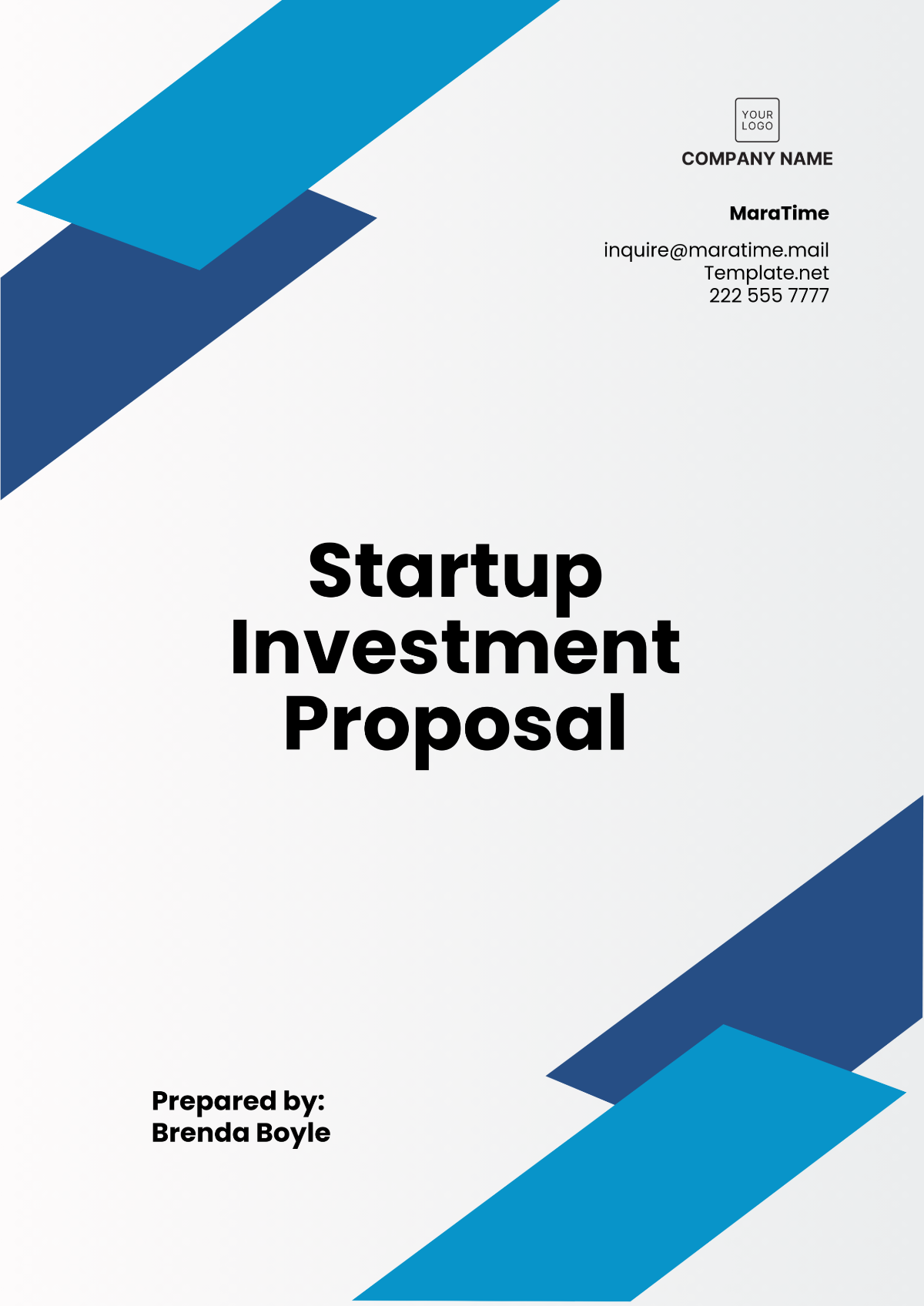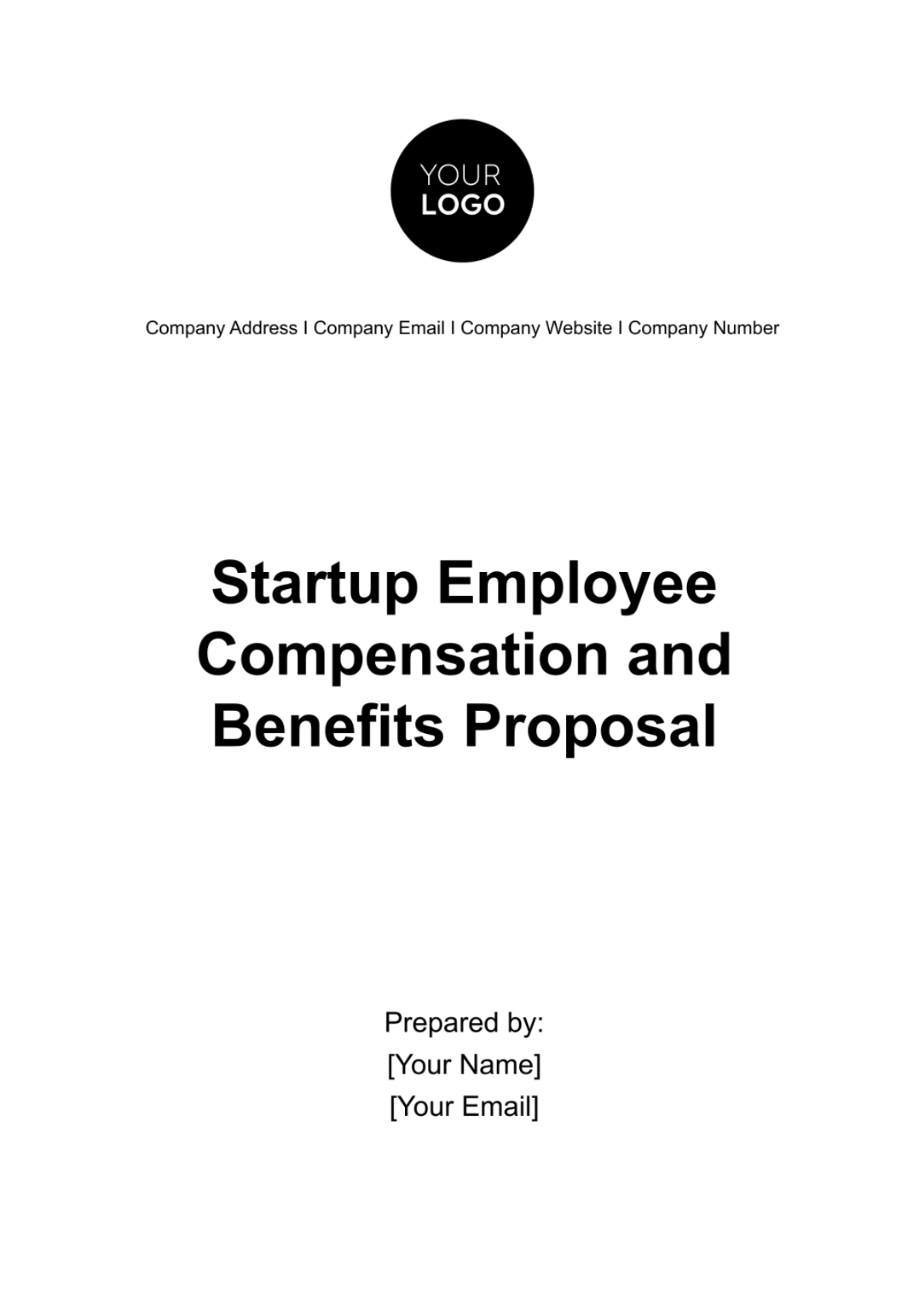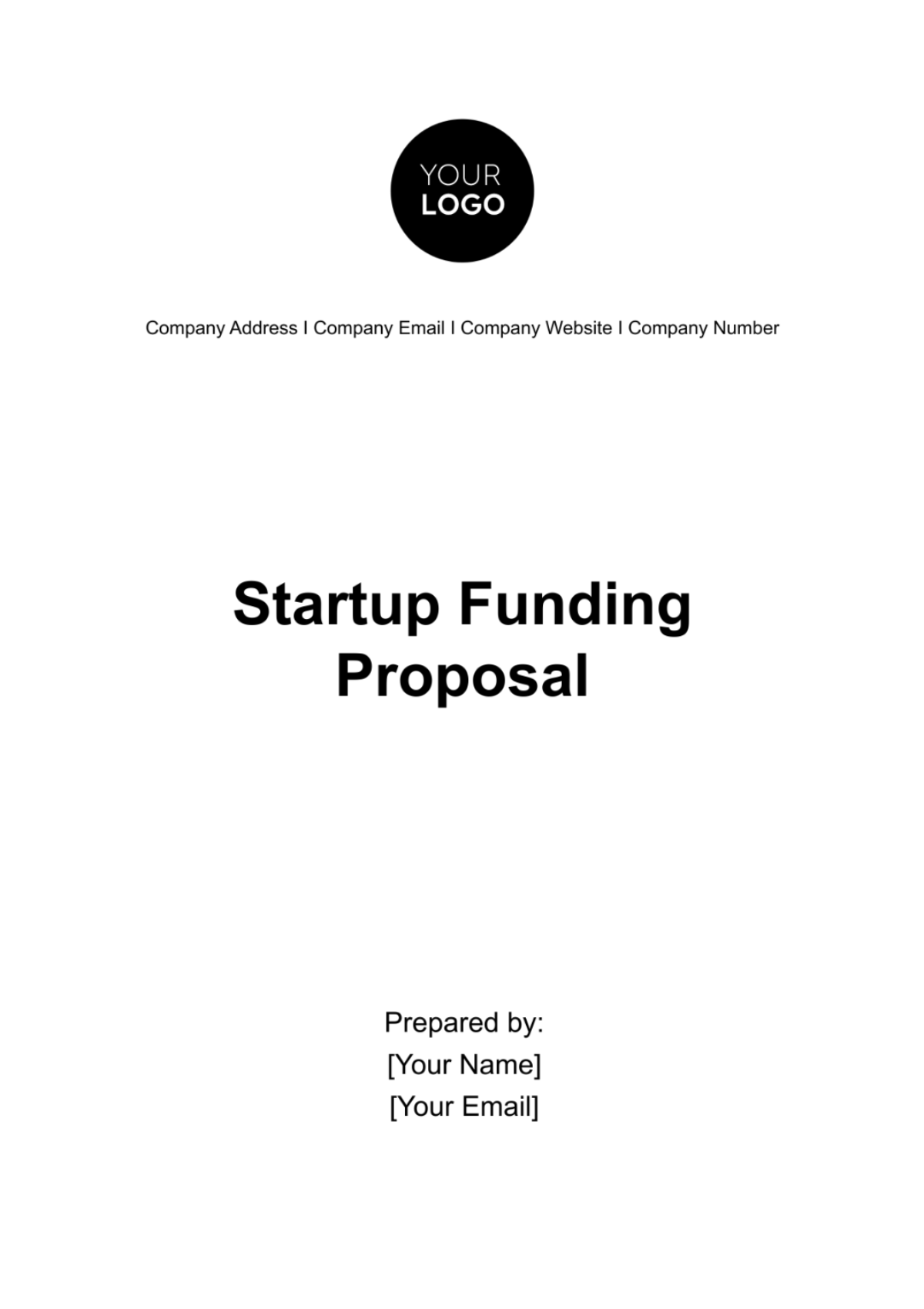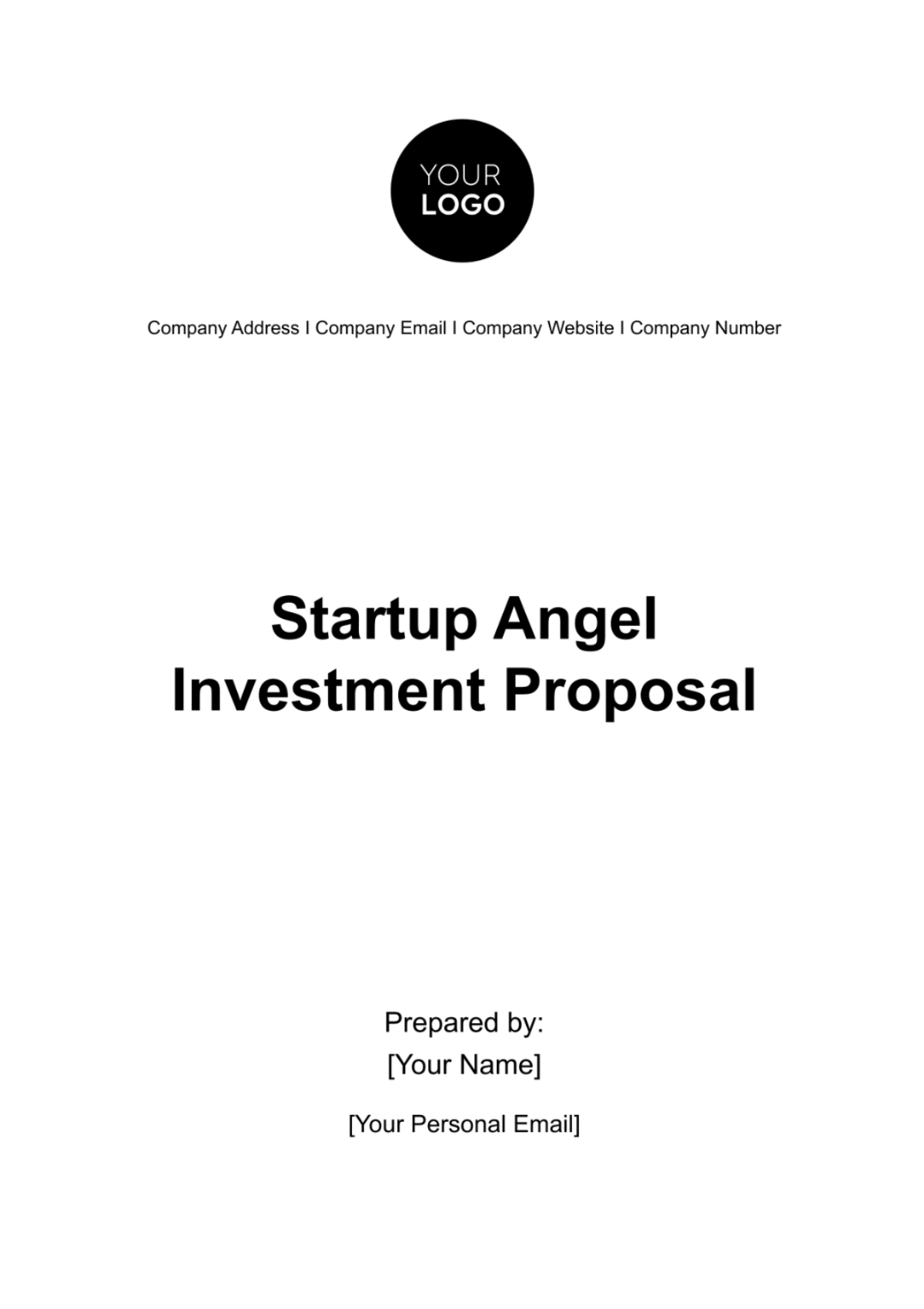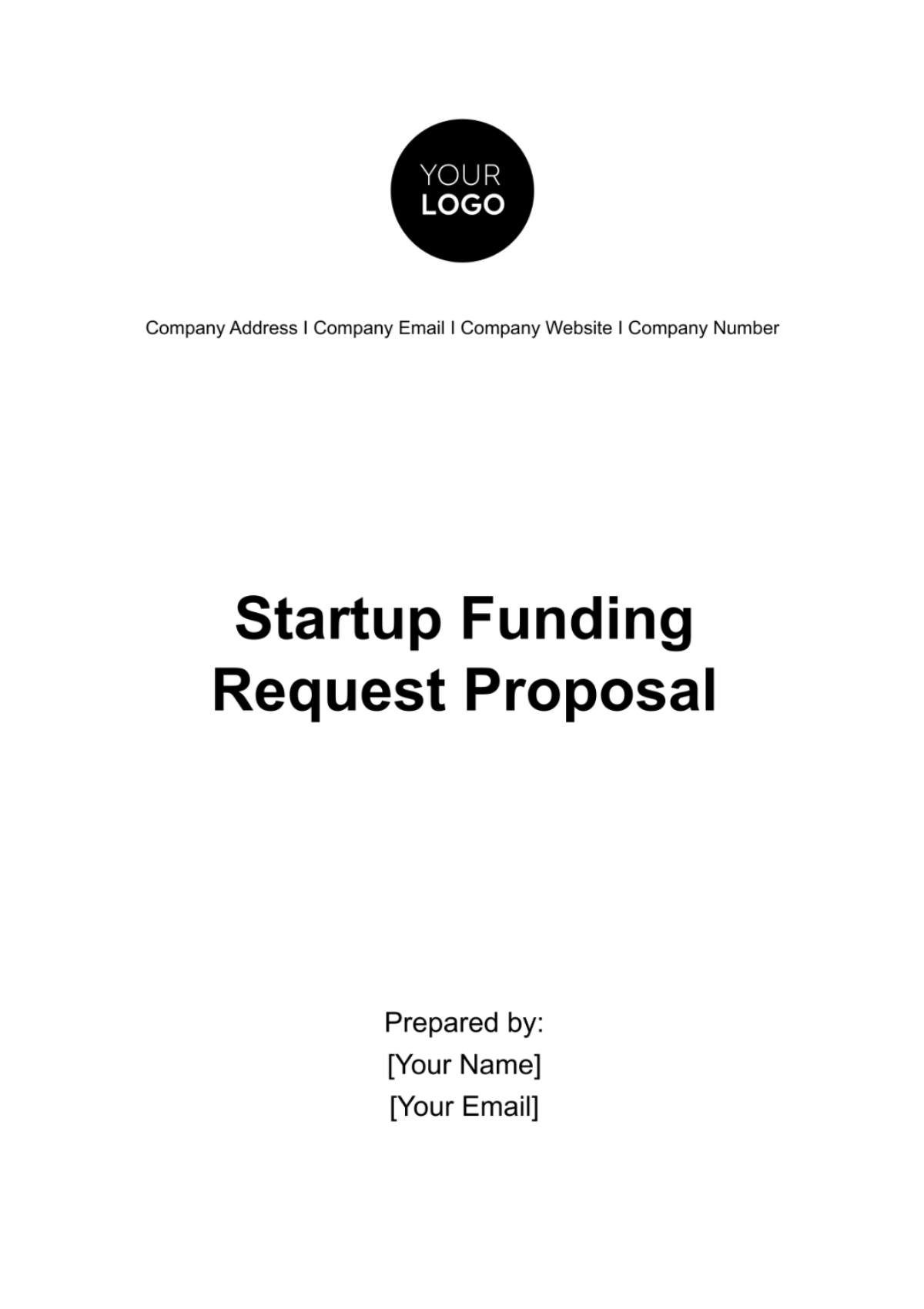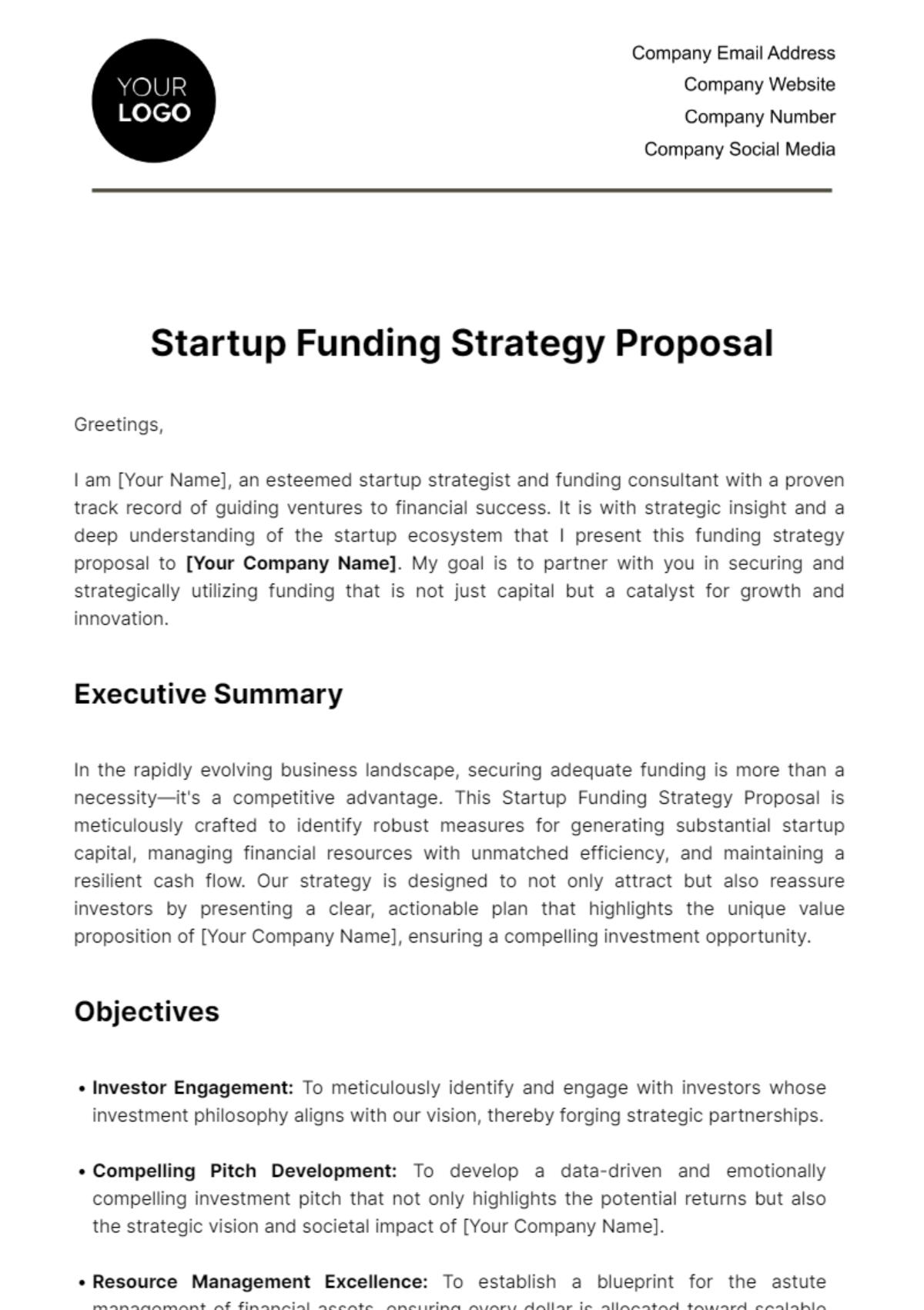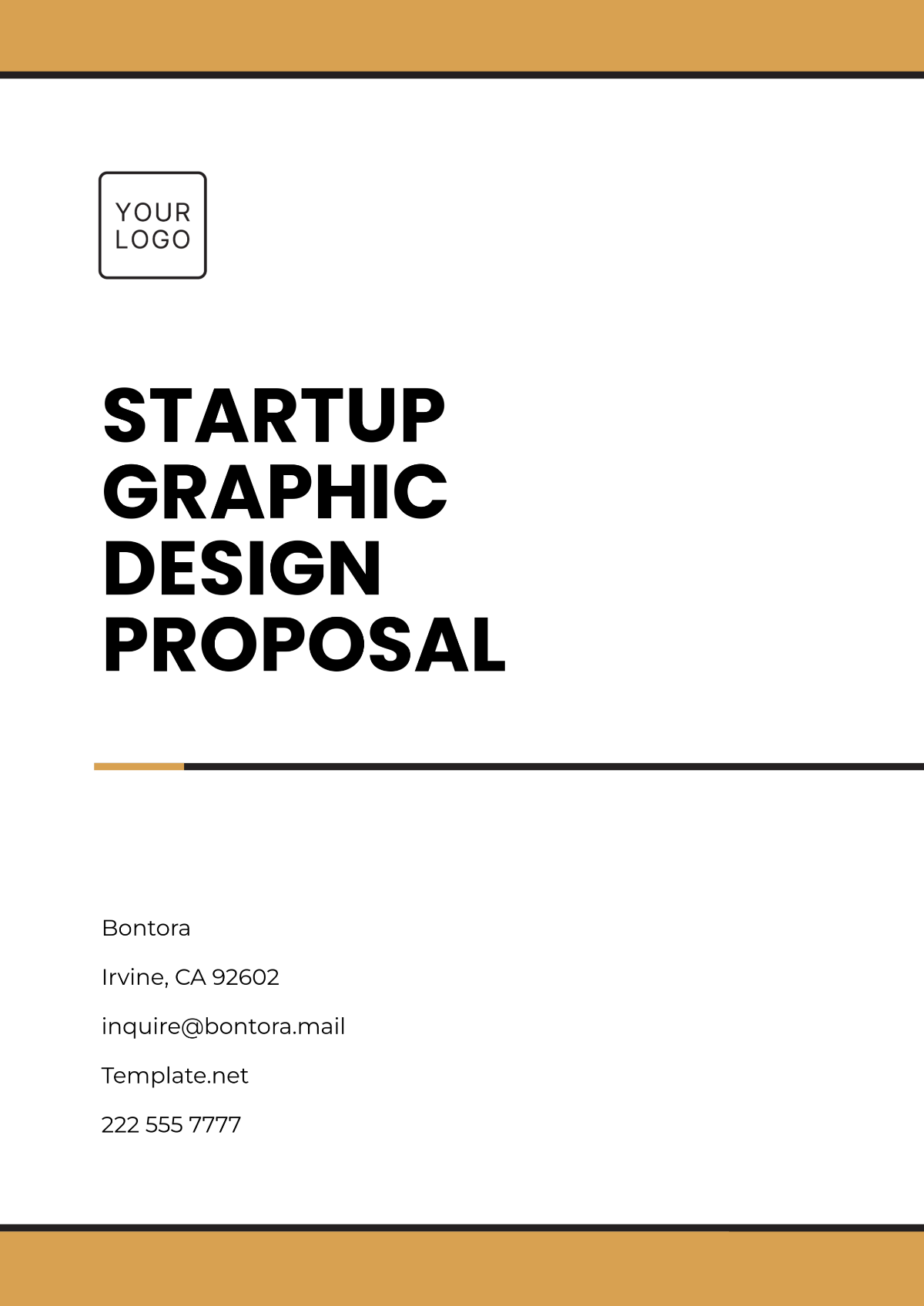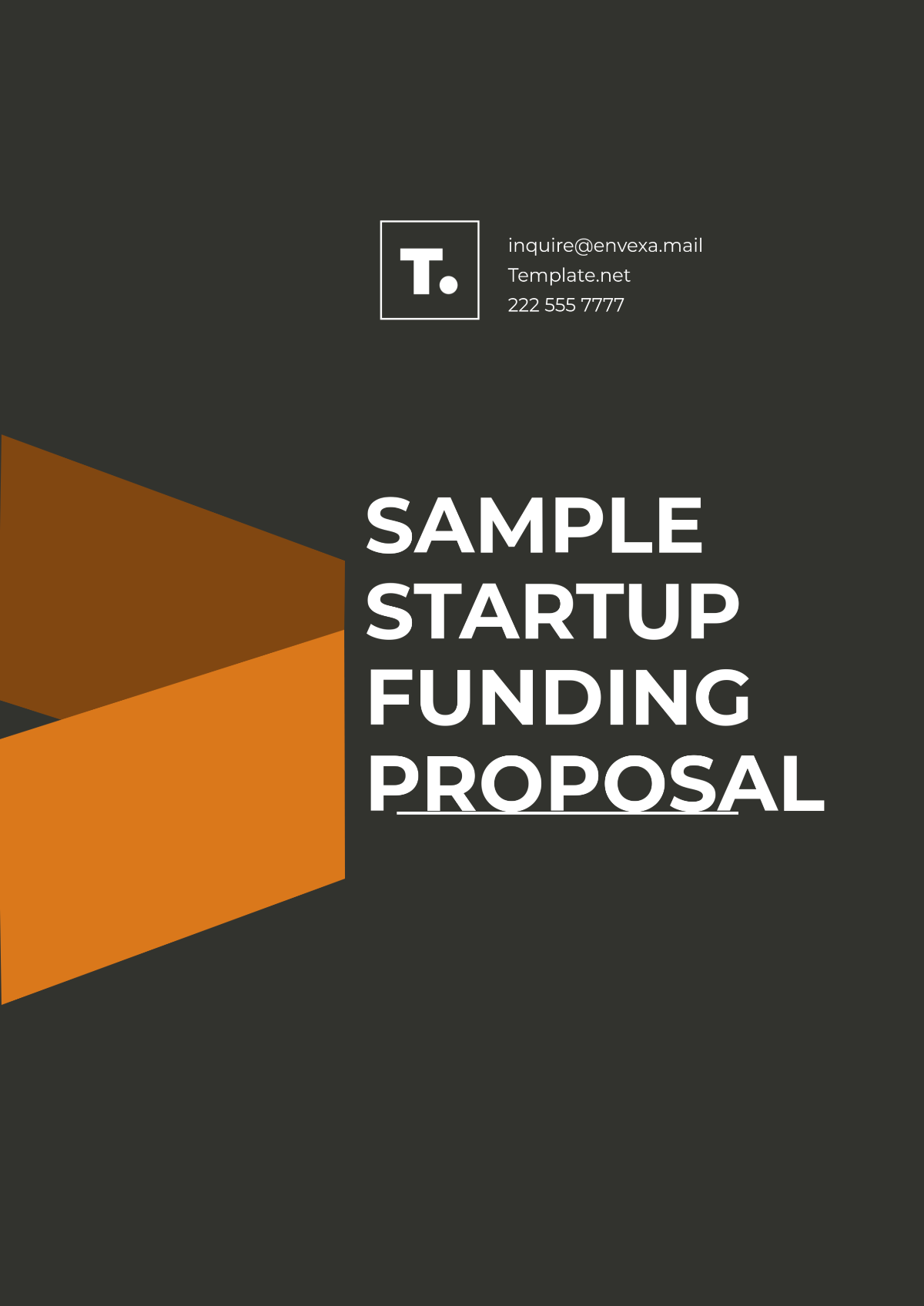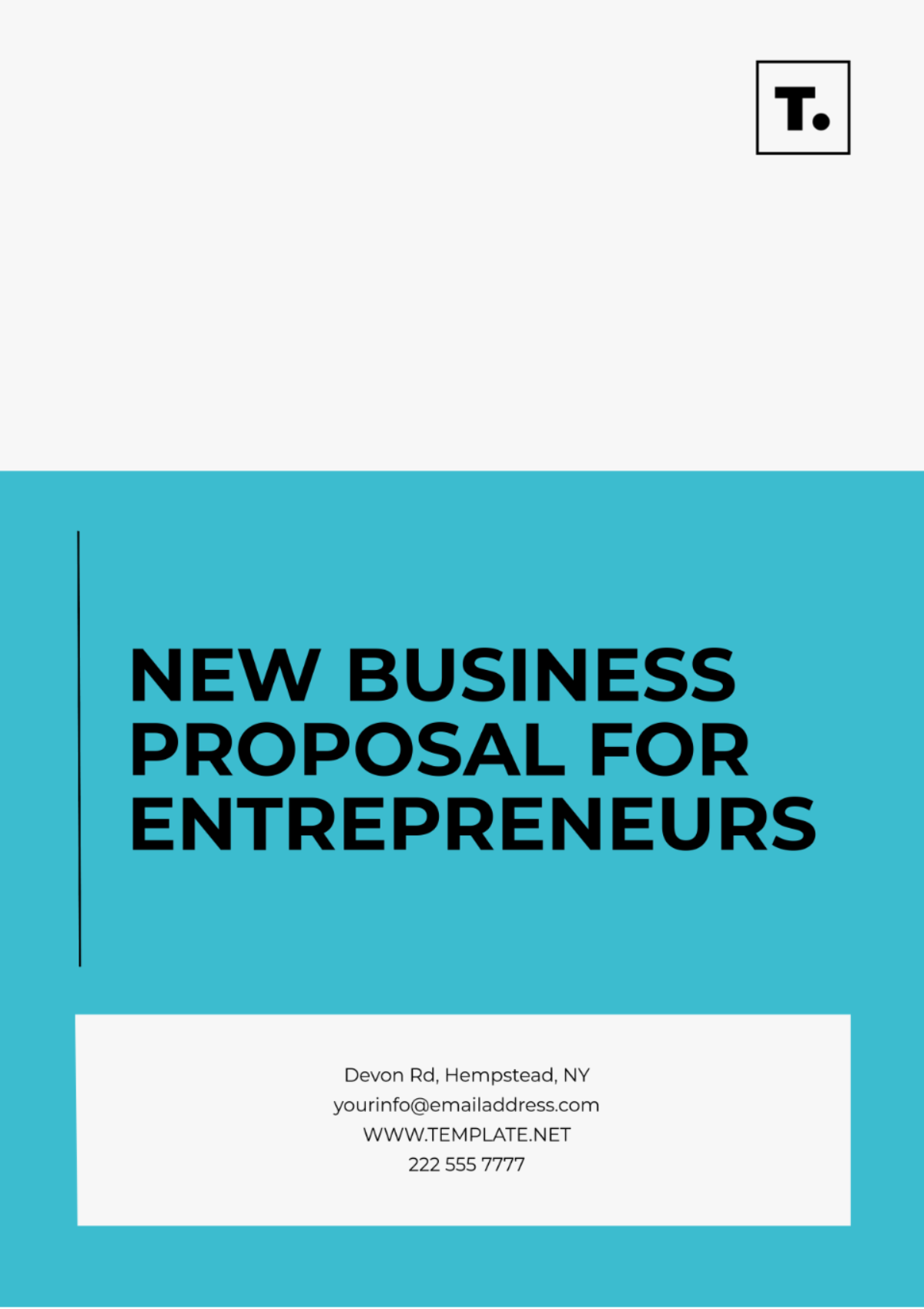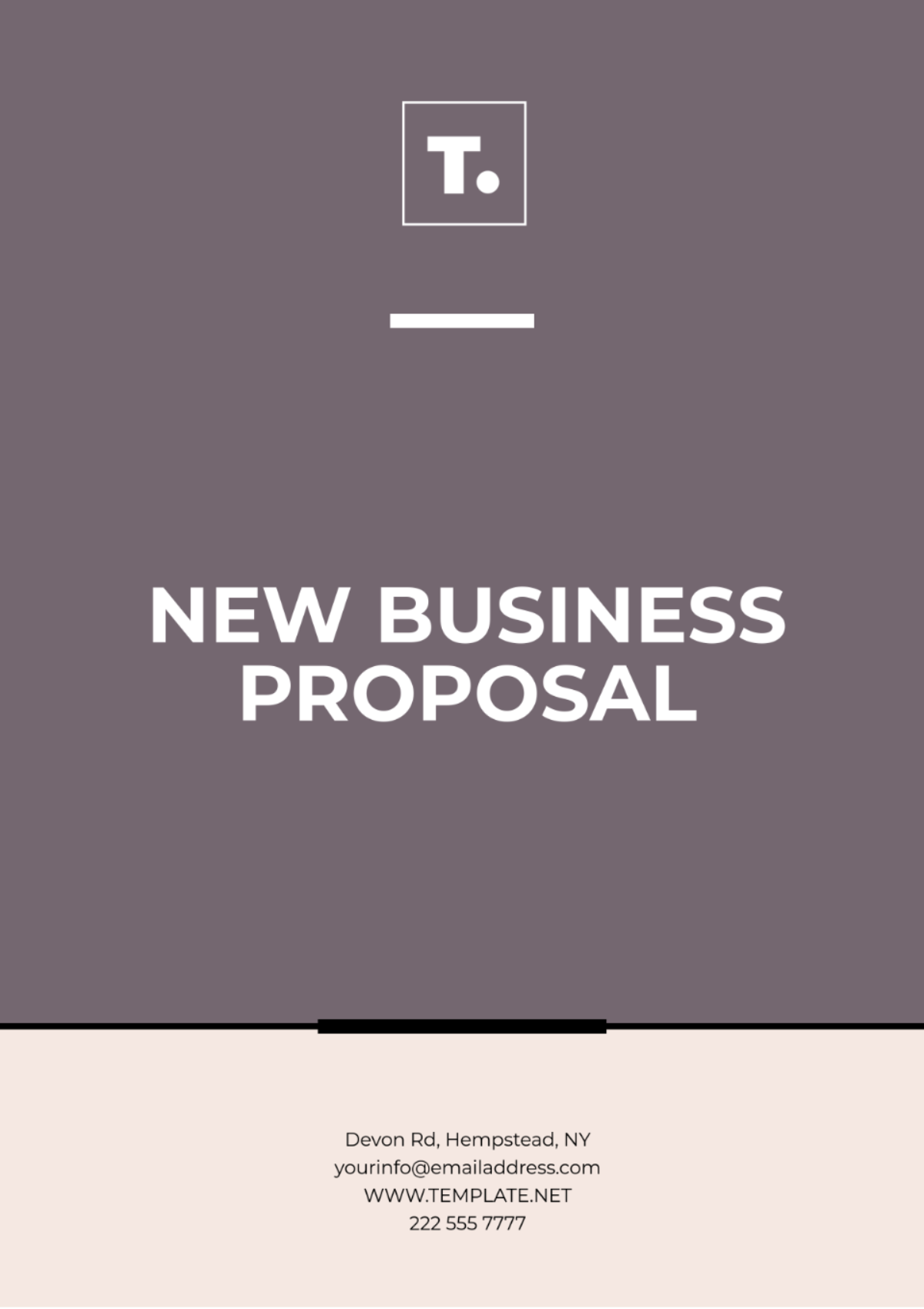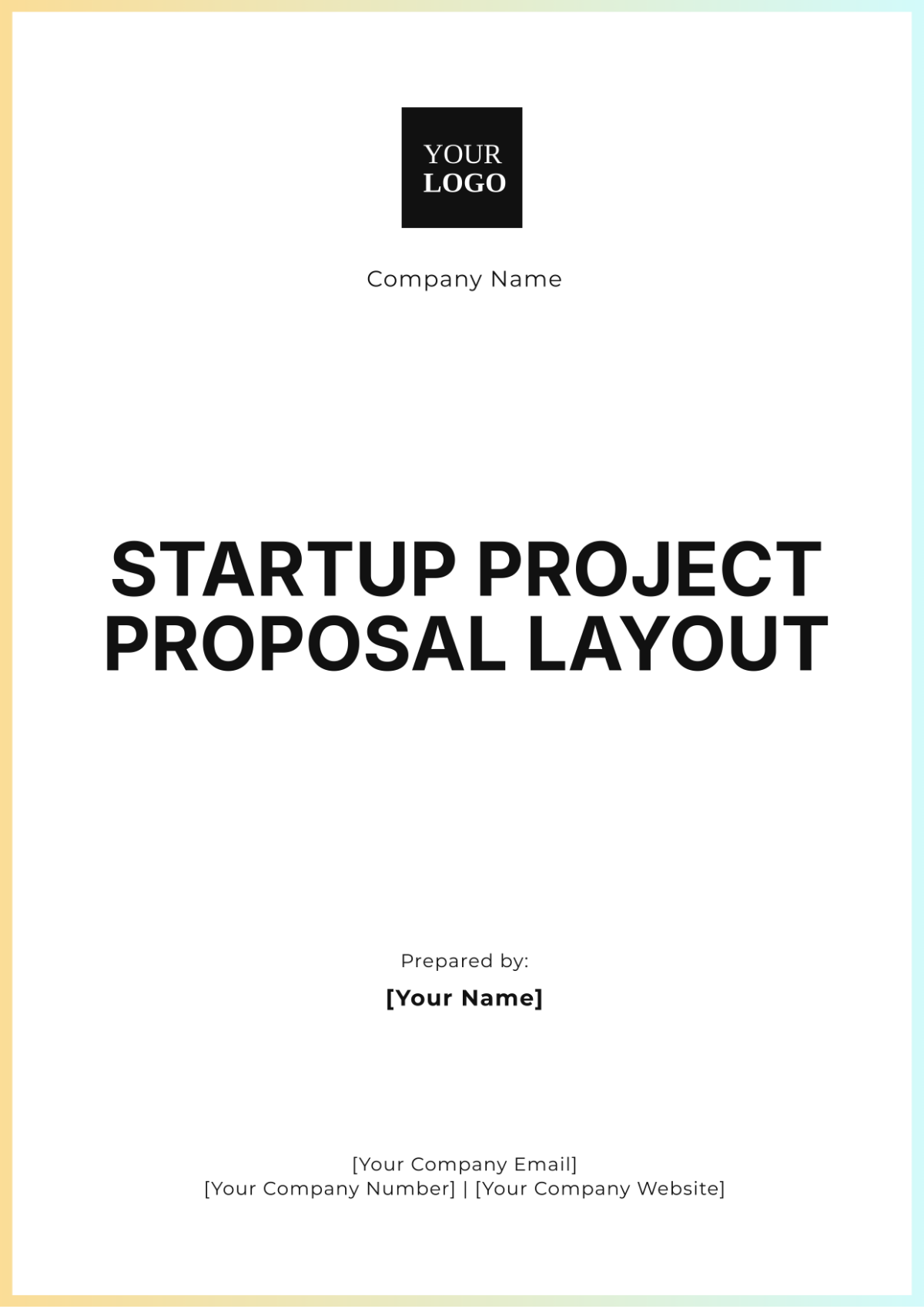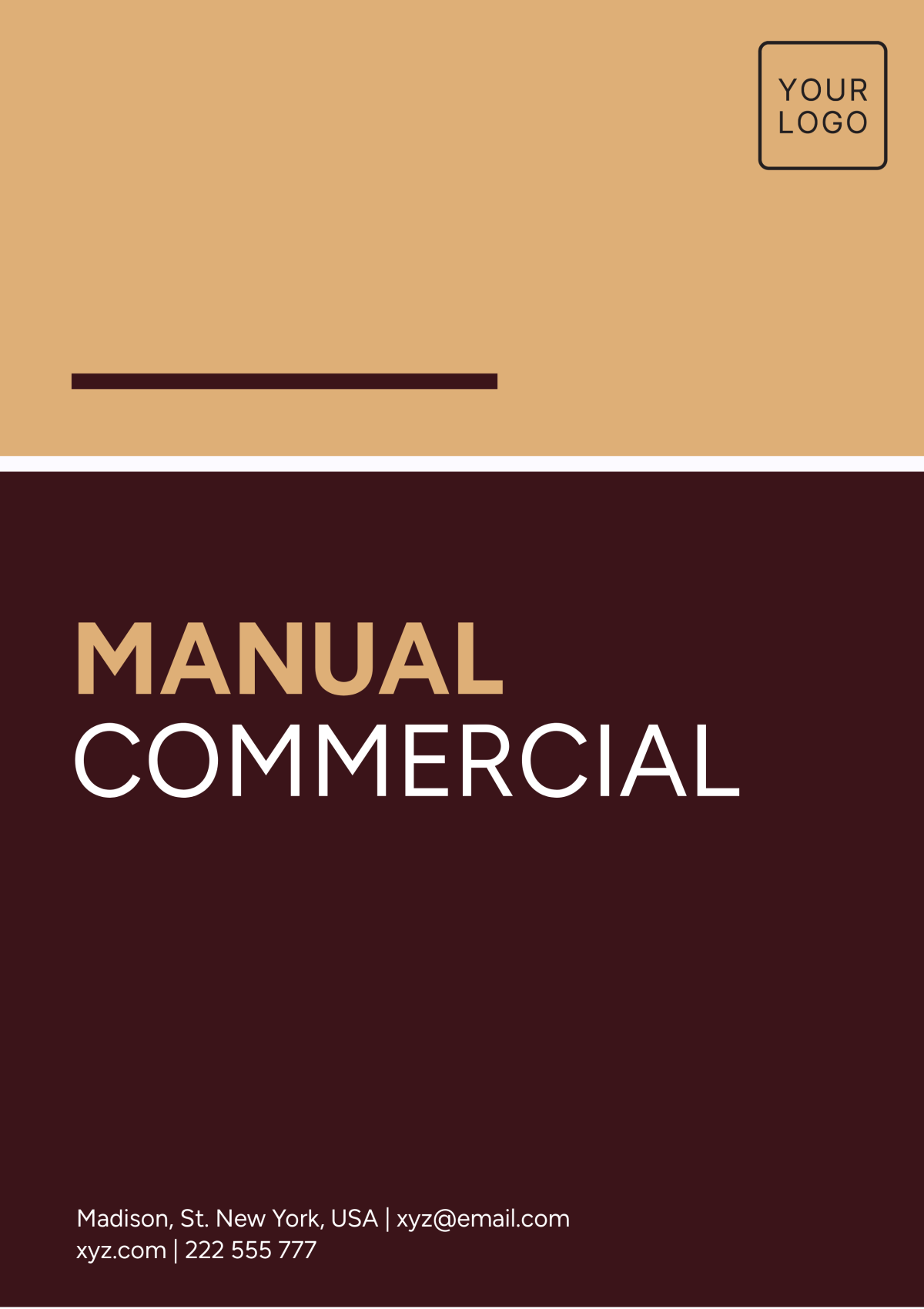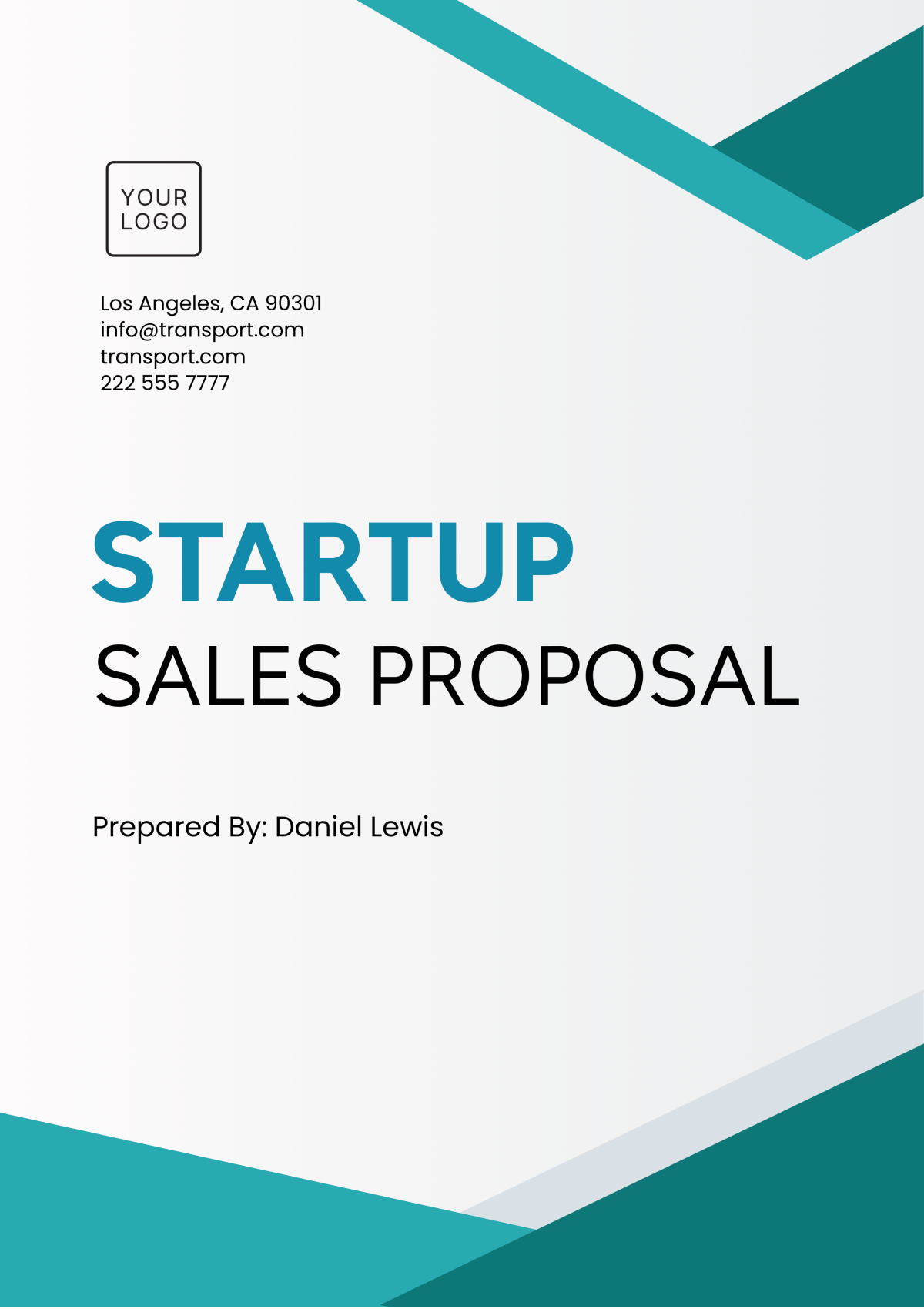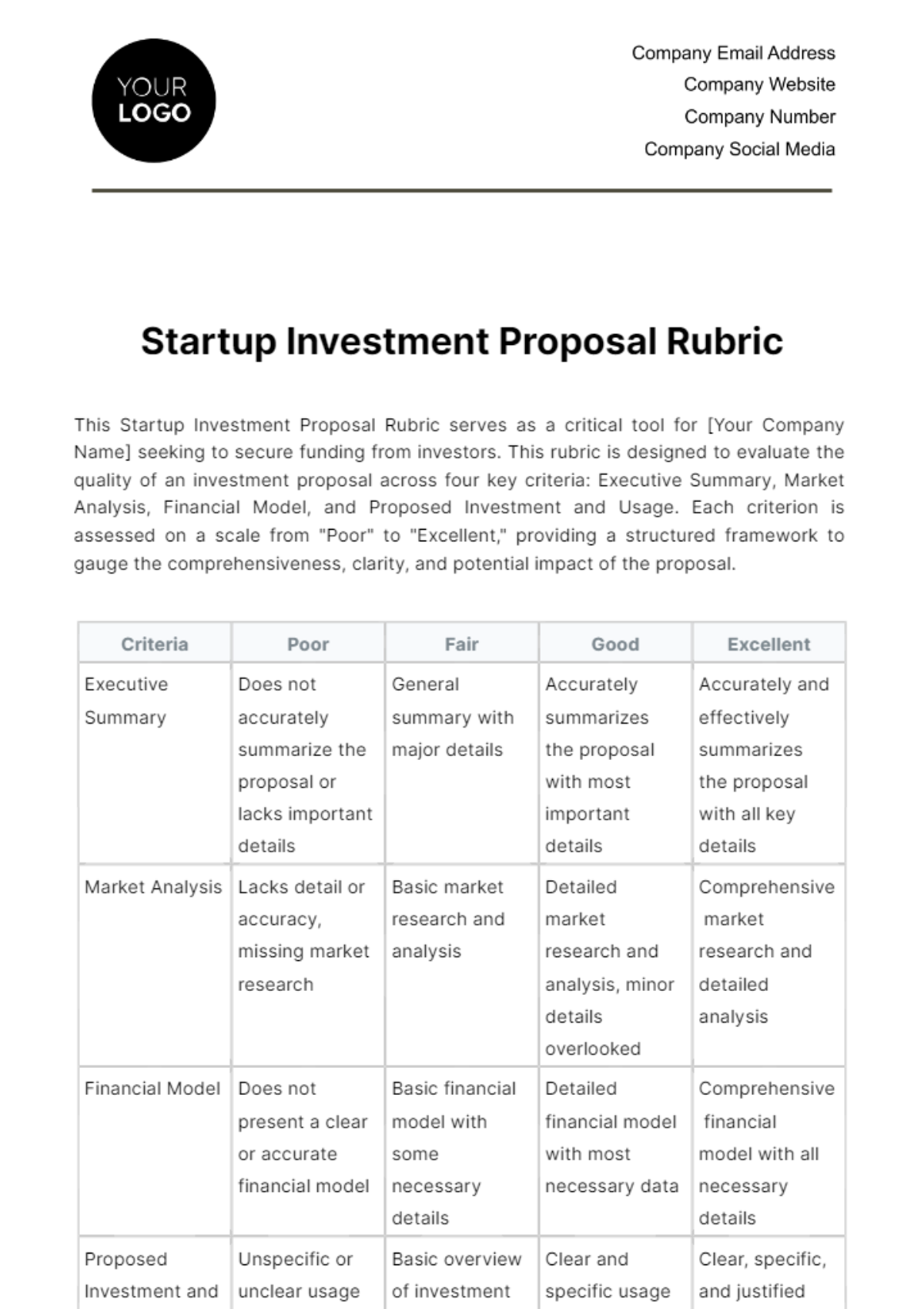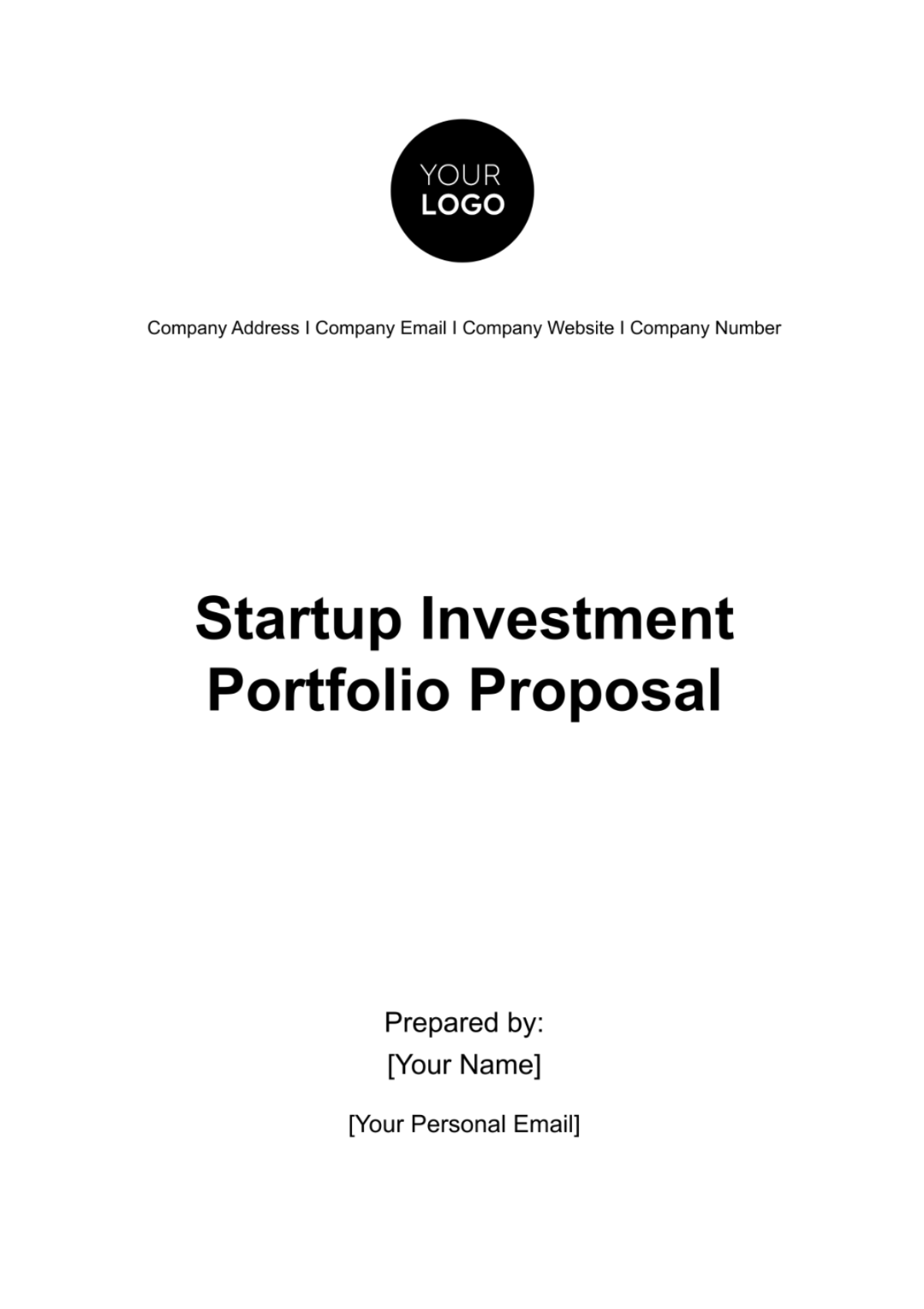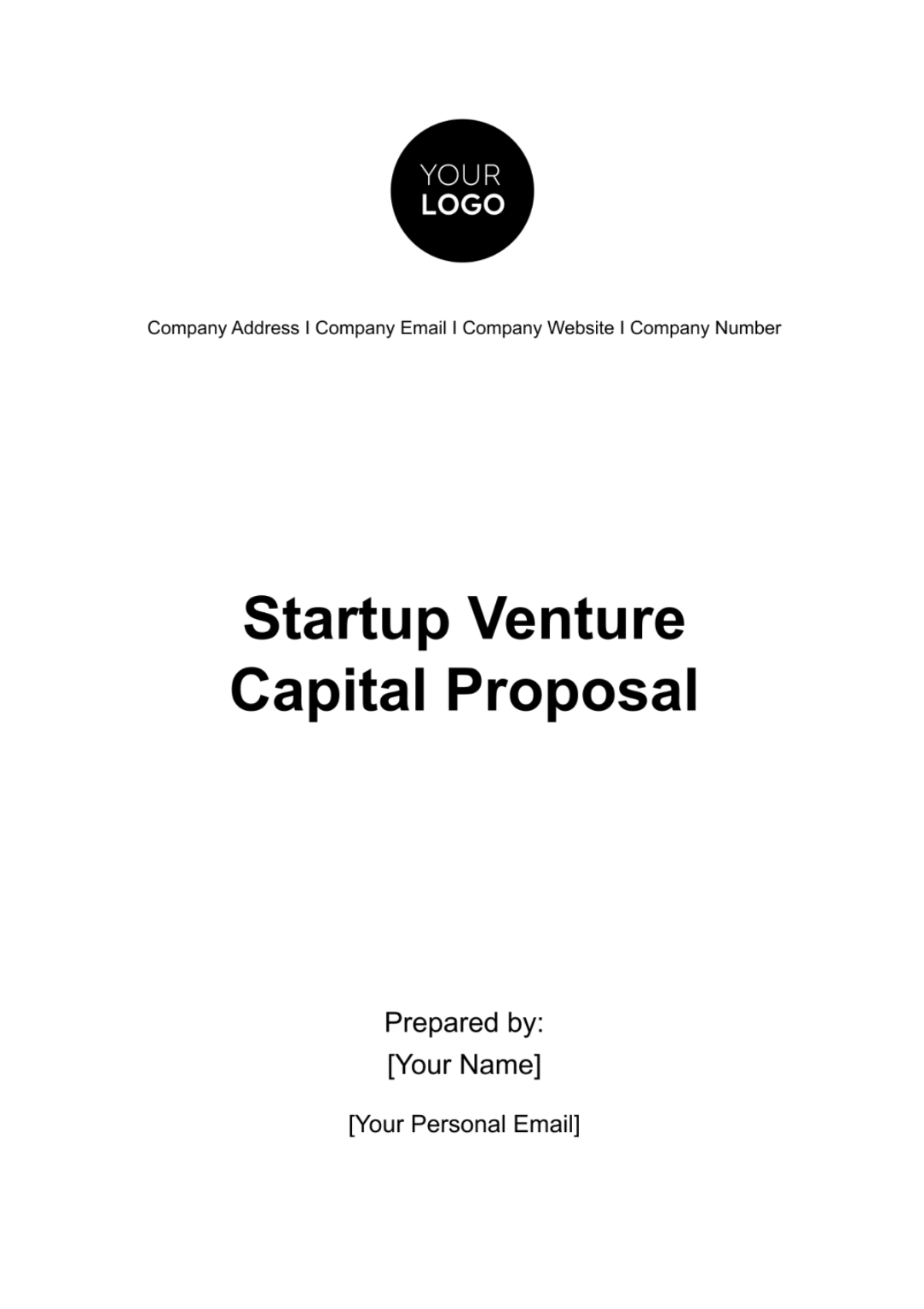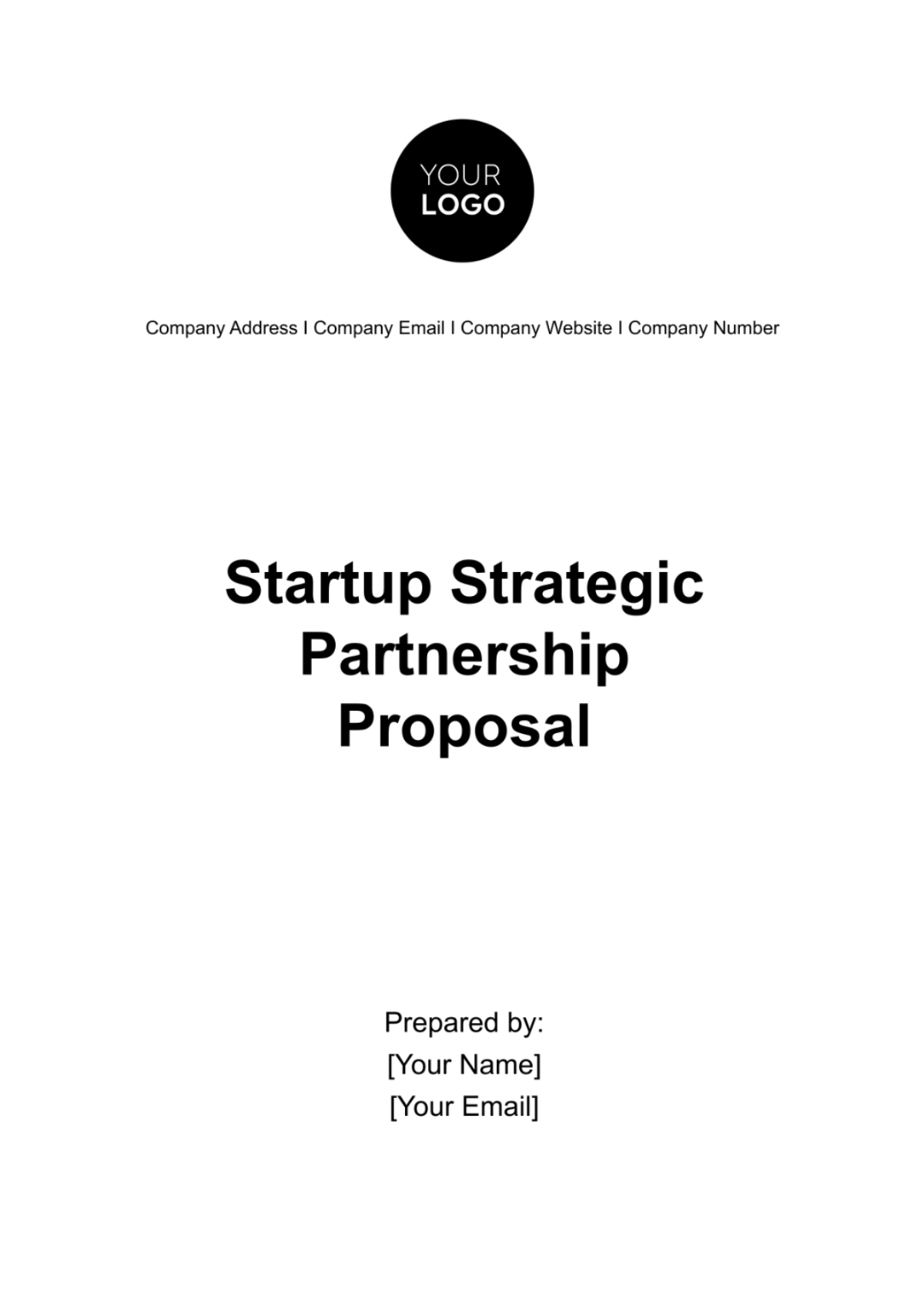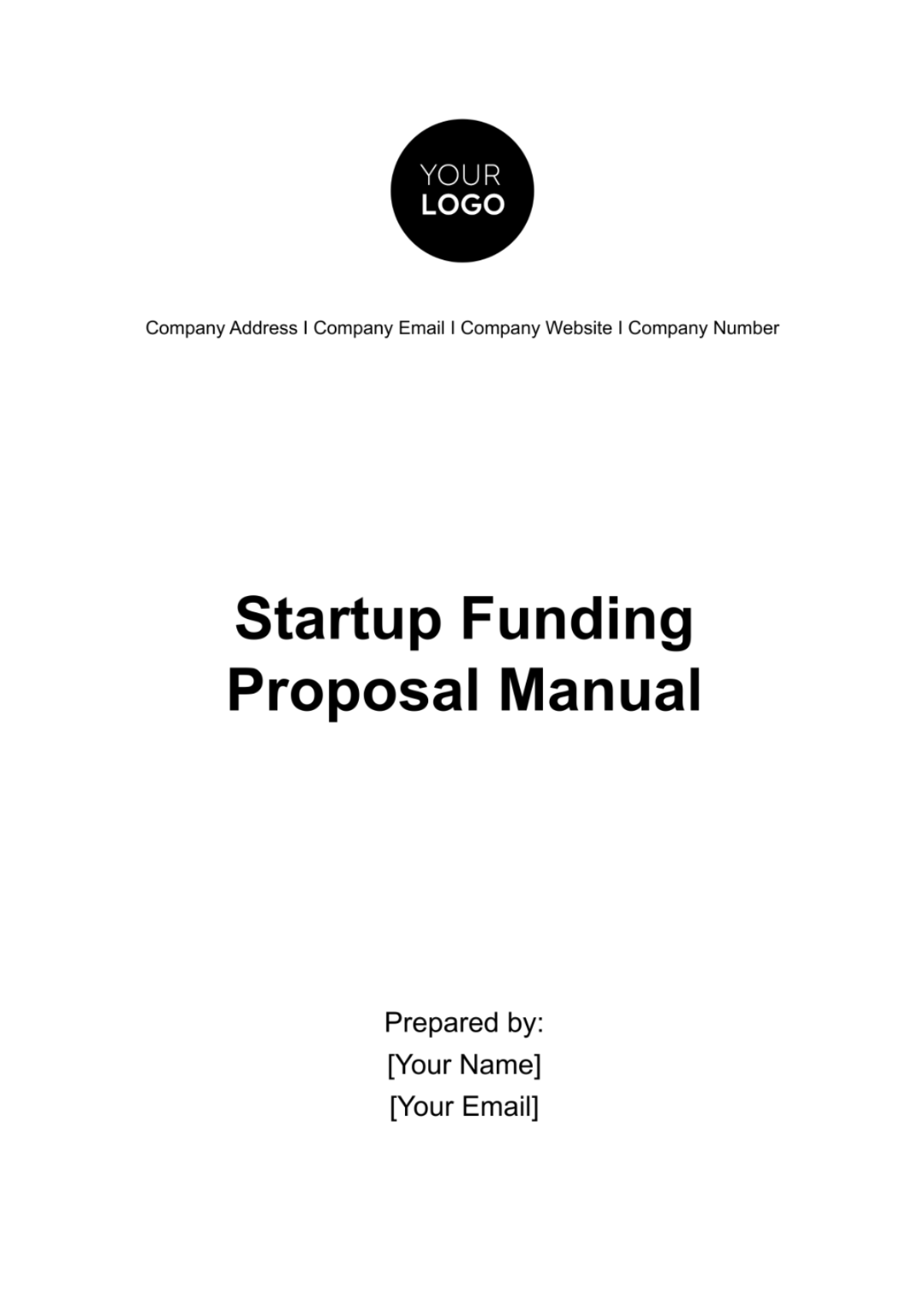Startup Project Proposal Layout
Company Name: [Your Company Name]
Date: [Insert Date]
I. Introduction
This document outlines a comprehensive layout template for a startup project proposal. It is designed to provide clear and detailed guidance for presenting a well-structured and persuasive proposal. The template is organized into various sections and subsections, each serving a specific purpose to streamline the proposal creation process.
II. Executive Summary
The Executive Summary provides an overview of the project, highlighting the key points and objectives. It should capture the essence of the proposal, making it easy for stakeholders to grasp the main ideas quickly.
A. Project Overview
This section should include the name of the project, a brief description, and its significance. Clearly state what the project aims to accomplish and why it is important.
Element | Description |
|---|---|
Project Name | The official name of the project |
Project Summary | A brief description of the project |
B. Objectives
List out the primary objectives of the project. These should be specific, measurable, achievable, relevant, and time-bound (SMART).
Objective 1: Description of the first objective.
Objective 2: Description of the second objective.
Objective 3: Description of the third objective.
III. Market Analysis
Conduct a thorough analysis of the market to identify potential opportunities and threats. This section should include data and insights on the target market, competition, and industry trends.
A. Target Market
Define the target market for the project. Include demographic information, market size, and potential customer segments.
Criteria | Details |
|---|---|
Demographics | Age, gender, income level, education, etc. |
Market Size | The estimated size of the target market |
Customer Segments | Different segments within the target market |
B. Competitive Analysis
Analyze the main competitors in the market. Discuss their strengths and weaknesses and how your project differentiates itself from them.
Competitor 1: Overview and Comparison
Competitor 2: Overview and Comparison
Competitor 3: Overview and Comparison
IV. Project Plan
Outline the project plan, detailing the steps required to achieve the project goals. Include timelines, milestones, and responsibilities.
A. Timeline
Provide a detailed timeline of the project, breaking it down into specific phases and milestones.
Phase | Duration | Milestone |
|---|---|---|
Phase 1 | Time frame | First major milestone |
Phase 2 | Time frame | Second major milestone |
B. Resources
Identify the resources required for the project, including personnel, equipment, budget, and any other support needed.
Personnel: Key team members and roles
Equipment: Necessary tools and technology
Budget: Estimated costs and funding sources
V. Risk Management
Discuss potential risks associated with the project and propose strategies for mitigating those risks.
A. Risk Identification
Identify potential risks that could impact the project. These could be financial, technical, operational, or market-related risks.
Risk 1: Description of the risk and its potential impact
Risk 2: Description of the risk and its potential impact
Risk 3: Description of the risk and its potential impact
B. Risk Mitigation
Propose strategies and actions to mitigate the identified risks, ensuring the project stays on track.
Mitigation Strategy 1: Description of the strategy
Mitigation Strategy 2: Description of the strategy
Mitigation Strategy 3: Description of the strategy
Signatures:
_________________________________
Project Manager
_________________________________
Financial Officer
